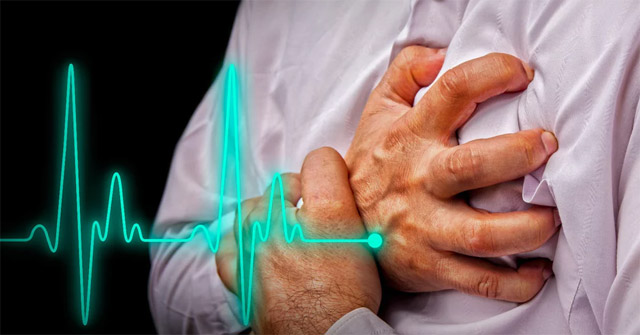Blood analyzer is designed to alert heart attacks
Are you at risk for a heart attack? Scientists from Taiwan's Tsing Hua National University and Cheng Kung National University are developing an inexpensive medical biosensor that can tell you early, so you can do it. Precautions before it's too late.
This device is known as a GaN (gallium nitride), made based on high-electron transistors, or HEMT. Analyzing only one drop of blood from the finger, within five minutes it can measure the concentration of C-reactive protein (CRP) in the blood.
Elevated CRP levels indicate an infection that may be related to an imminent heart attack or stroke or coronary artery disease.

Biological sensors combine transistors with effects, and Gallium nitride material has absolutely no problem in affecting blood analysis, and although it is more expensive than silicon, HEMT is used in biosensors. New learning so hopefully the device will be cheaper when mass produced.
In addition, if different chemical receptors are integrated in the device, you can test blood for biological formulas other than CRP, and thus warn other conditions of disease generation .
Professor Yu Lin Lin, co-author of the study, said: "This device will eventually take the form of a small handheld device, which can easily connect to smartphones via Bluetooth or Wi-Fi. The data can be collected in an application and users can send that data to their own treating doctor. "
Wang believes that a commercial version of this biosensor could be available in the coming year.
This study is published in the journal ECS of Solid State Science and Technology.
See more:
- Google AI can diagnose a patient's cardiovascular condition by scanning the retina image
- Older people have high levels of thyroid hormone that increases their risk of heart disease
- Survivors of the 9/11 terrorist attacks are more likely to suffer from heart and lung disease